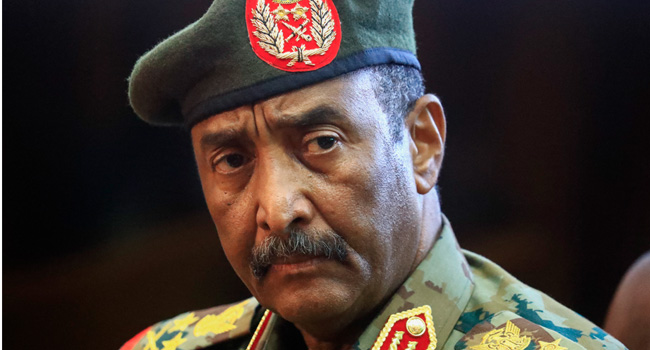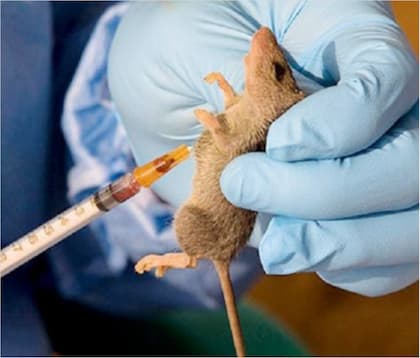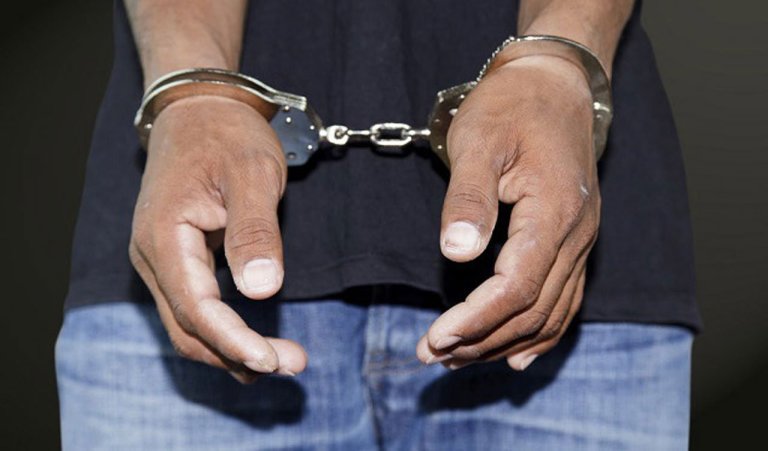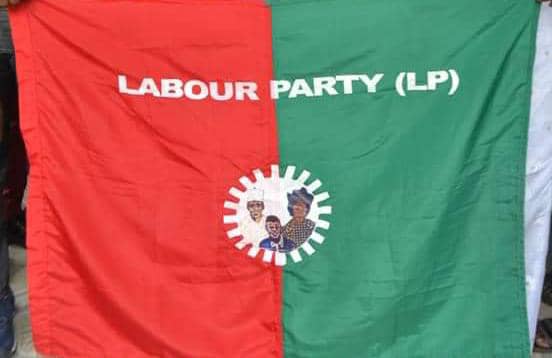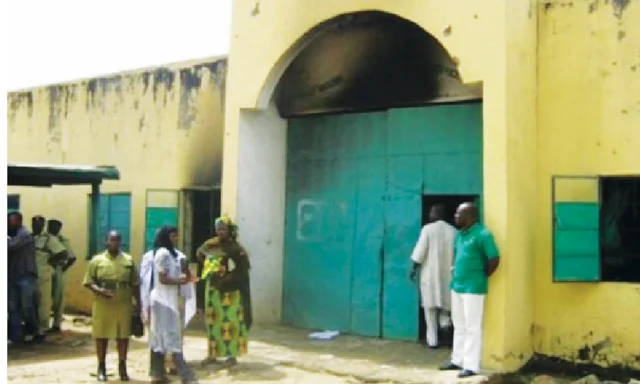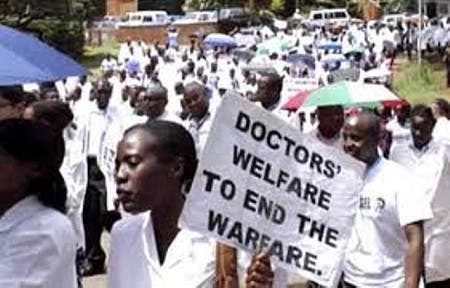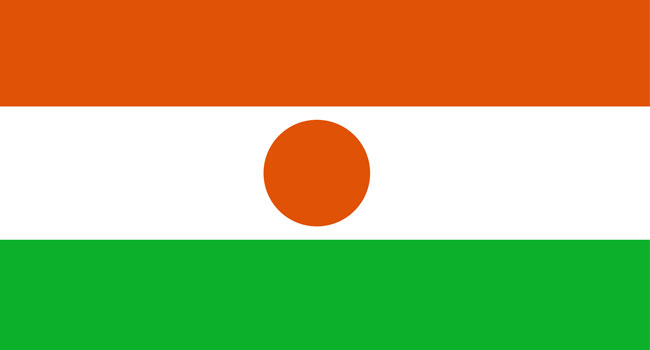Abdalla Hamdok, Sudan’s prime minister, has resigned in the face of continuing protests in the capital, Khartoum.
This followed mass demonstrations against Hamdok’s recent agreement to share power with the army, which launched a coup in October.
Protesters, according to Arab News, chanted “power to the people” and demanded the restoration of genuine civilian control. However, armed authorities carried out another bloody crackdown, killing two civilians.
Hamdok’s choice to resign gives the army complete control. This is another setback for Sudan’s tenuous transition to democracy after the removal of its long-serving authoritarian President Omar al-Bashir in 2019.
Mr Hamdok said, in a televised speech, that the nation was at a dangerous crossroads that threatened its very existence.
He said that he had done all possible to keep the nation from “sliding towards disaster”, but that “despite everything that has been done to reach a consensus…, it has not happened”.
After the army attempted a coup on October 25 and originally put Minister Hamdok under house arrest, civilian and military officials reached an uneasy power-sharing deal.
According to the November deal with Mr Hamdok, the reinstated prime minister was to oversee a technocratic ministry until elections were conducted. However, it was unclear how much authority the new civilian administration would have, and protesters expressed dissatisfaction with the military.
On Sunday, thousands of people took to the streets of Khartoum, the country’s capital, and Omdurman, screaming and pleading with the military to stay out of politics.
According to the pro-democracy Sudan Central Doctors’ Committee, more than 50 people have been murdered in protests since the coup, including at least two on Sunday.
Gen Abdel Fattah al-Burhan, the coup commander, justified last October’s coup, claiming that the army intervened to avert a civil war that was likely to break out. Sudan, he said, is dedicated to civilian governance, with elections scheduled for July 2023.

